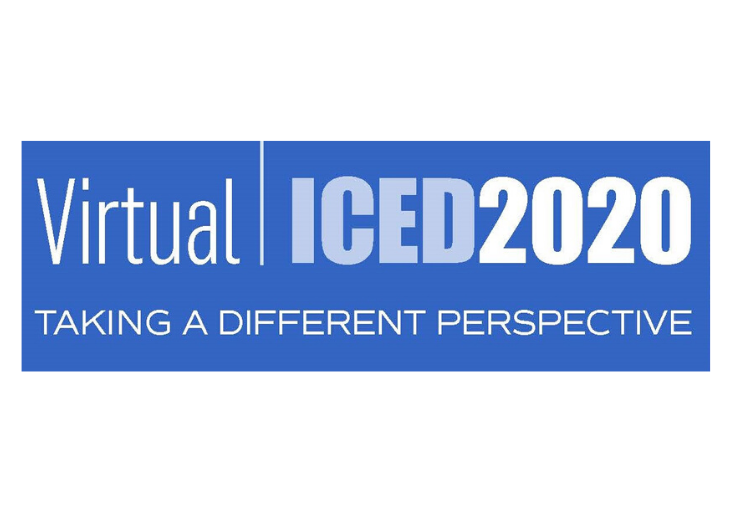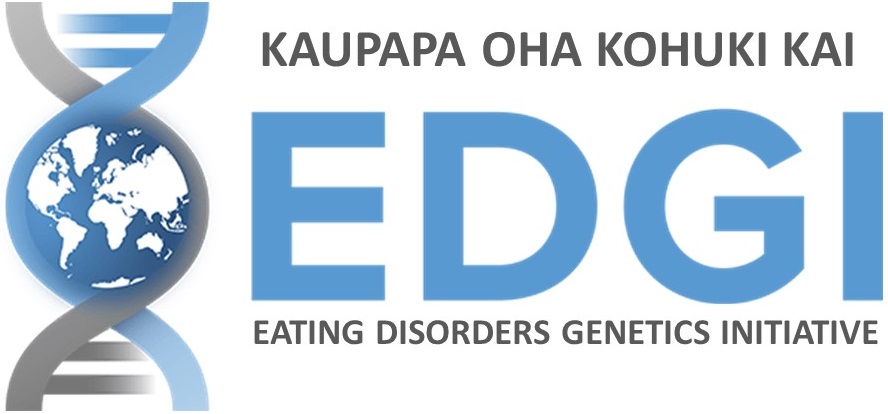The prevalence of other conditions when living with an ED

Today’s blog is part four of a five-part series featuring new research and data presented by team EDGI NZ and our collaborators at this year’s International Conference on Eating Disorders (ICED).
The research presented in parts one, two and three of the blog series thus far, have shed light on the need for:
- Increased participation from minority groups in online eating disorders surveys to reflect the diversity of the population affected by eating disorders;
- Improved ease of access to treatments available for those living with an eating disorder as perceived by their carers; and
- A reduction in the time delay associated with seeking help for an eating disorder and the ability to access immediate care once referred to a specialist.
The Medical and Psychiatric Comorbidities in a New Zealand Sample of those with Eating Disorders
Assistant Research Fellow, University of Otago Department of Psychological Medicine, Lana Cleland, presented a study on behalf of the ‘Costs of Eating Disorders in New Zealand’ investigators at this year’s International Conference on Eating Disorders, comparing the prevalence of other medical and psychiatric conditions with those living with an eating disorder (ED).
Early findings reveal a higher prevalence of osteoporosis in the anorexia nervosa (AN) group, a higher prevalence of obesity-related diabetes in the binge-eating disorder (BED) group, and a higher prevalence of dental issues within the bulimia nervosa (BN) group. Gastrointestinal issues were elevated across all four diagnostic groups, while the prevalence of lifetime mood and anxiety disorders ranged from 60-77 per cent across ED diagnoses. These NZ findings are consistent with international research.
Identification of the genes that predispose individuals to eating disorders will revolutionise future research into causes, treatment, and prevention of the illness.
To help the EDGI team to identify the hundreds of genes that influence a person’s risk of developing anorexia nervosa, bulimia nervosa and binge-eating disorder, head here to volunteer for EDGI.
If you suspect that you, or a loved one, may be living with an eating disorder, reach out to your general practitioner without delay.
Should you need to talk to a trained counsellor about any mental health issue, contact the 1737 helpline; free call or text 1737 or visit www.healthpoint.co.nz/mental-health-addictions/mental-health-addictions/1737-need-to-talk










